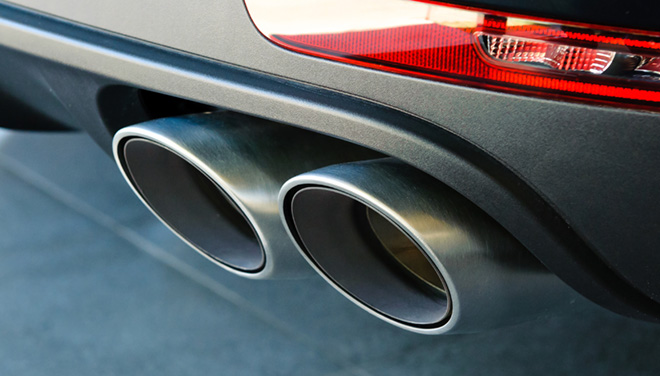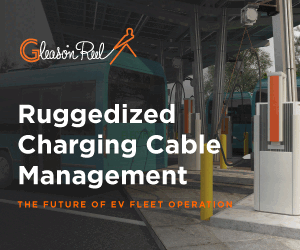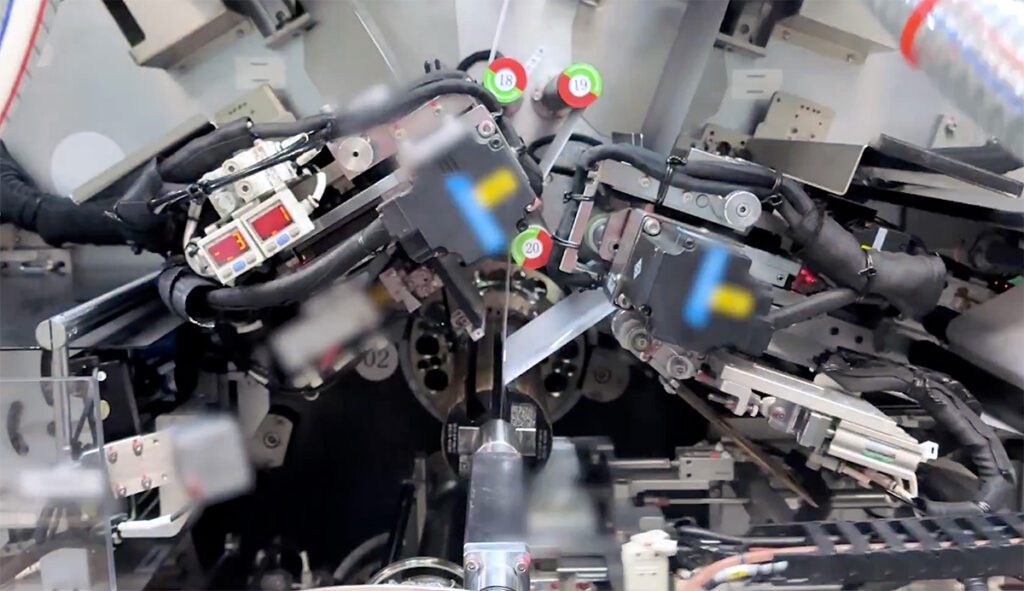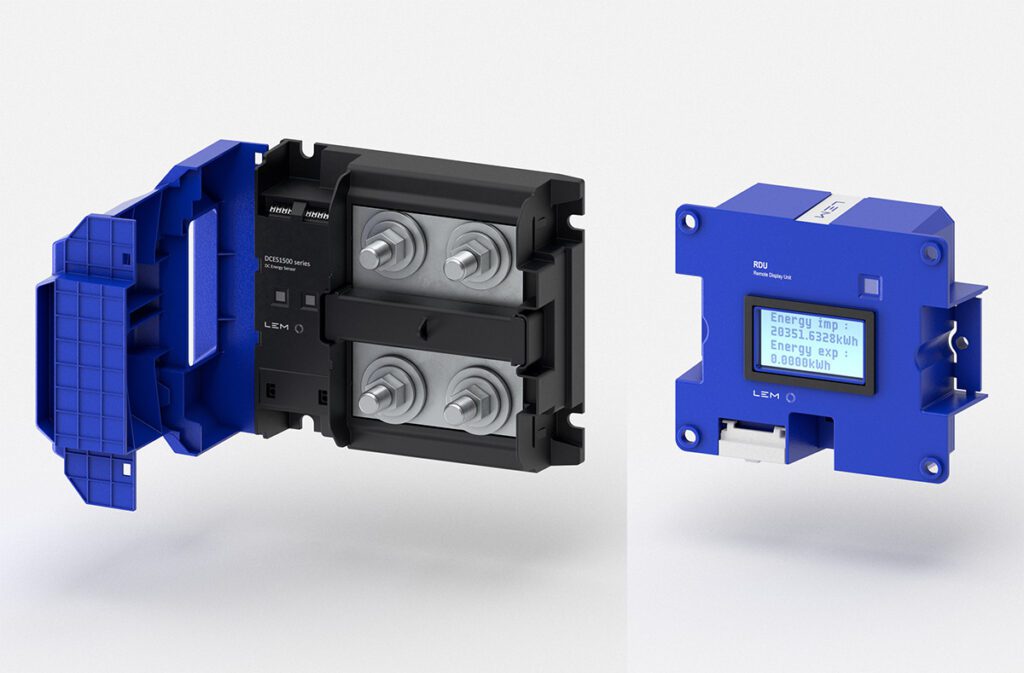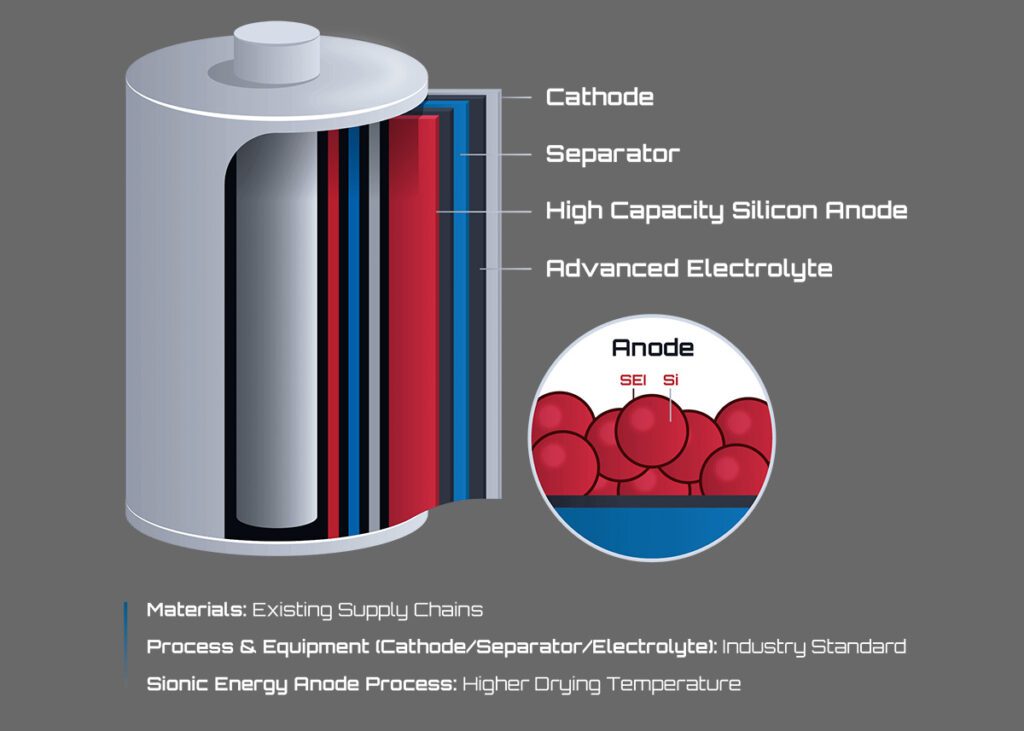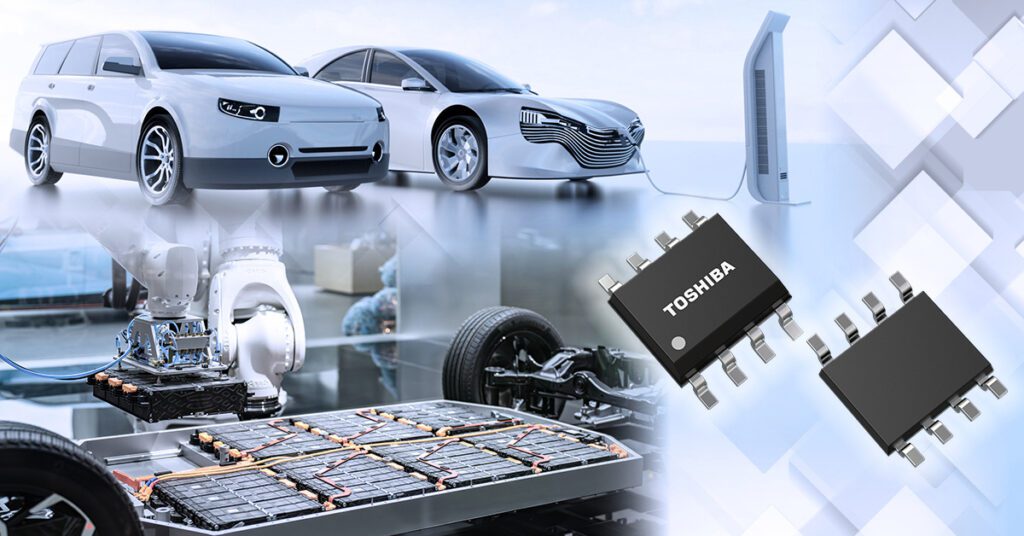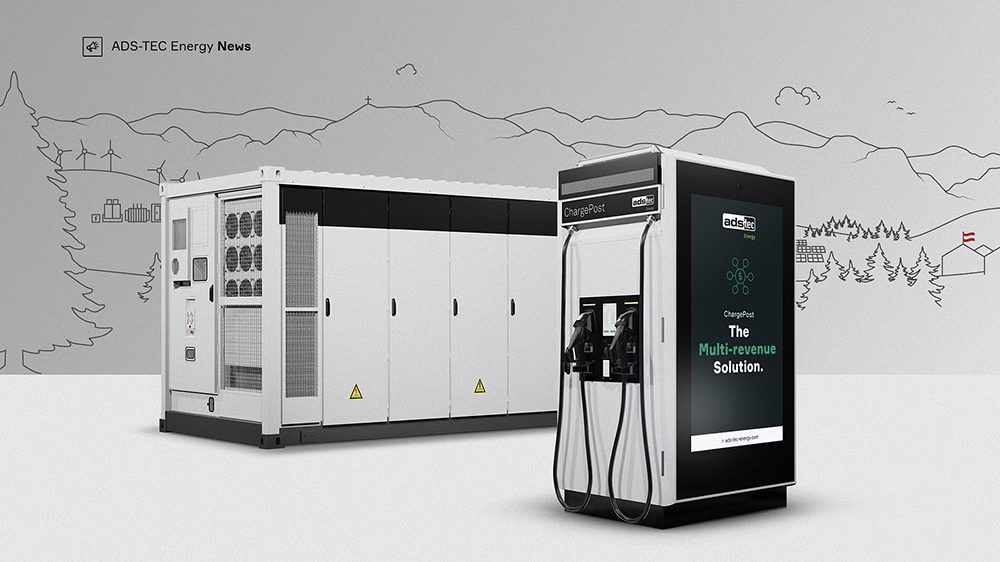As the world’s transportation system begins to make the transition to electric power, automakers (except for one) are being dragged into the future kicking and screaming by governments. To anyone familiar with the companies’ history, this should come as no surprise.
A new article from the Union of Concerned Scientists recounts the industry’s long history of resistance to efficiency and safety standards.
In the 1950s, cars had no seat belts and no airbags, and got an average of 15 miles to a gallon of gas. Thanks to strong federal policies, cars today are safer, cleaner, and more efficient. The auto industry, however, has fought these policies at every step, resorting to exaggerated rhetoric, misinformation, and political influence to undermine the public interest.
“Many of the [safety] standards are unreasonable, arbitrary and technically unfeasible,” said Henry Ford II in 1966. “If we can’t meet them when they are published, we’ll have to close down.”
The Clean Air Act “could prevent continued production of automobiles…[and] do irreparable harm to the American economy,” said Lee Iacocca in 1970.
These are just a few of the gems in “Time for a U-turn,” the new article from UCS. From catalytic converters to airbags to today’s CAFE standards and ZEV mandate, automakers have claimed that complying with standards would bankrupt the industry. However, the record shows that automakers have over-performed when faced with new rules. Rising to each challenge, they have implemented innovative solutions, complying with health, environmental, and safety standards at lower cost than even the agencies had initially estimated (all while keeping prices relatively constant, and earning healthy profits).
Now, once again, the industry’s trade groups are trying to back out on promises they made to the American people. Hours after Trump’s election, automakers contacted the new administration to push for relaxed regulations. “They…stated in no uncertain terms that they would welcome a repeal of the revisions to the efficiency standards and greenhouse gas standards that they nominally agreed to under the previous administration,” said Dylan Tanner of the lobbying watchdog organization InfluenceMap, which published a detailed account of automakers’ recent efforts to delay or hobble auto emissions and fuel efficiency standards.
The auto trade groups have also pushed for California to water down its more stringent standards and, except for Tesla, GM and VW, they have been silent about Congress’s plans to eliminate the federal EV tax credit.
Source: Union of Concerned Scientists







